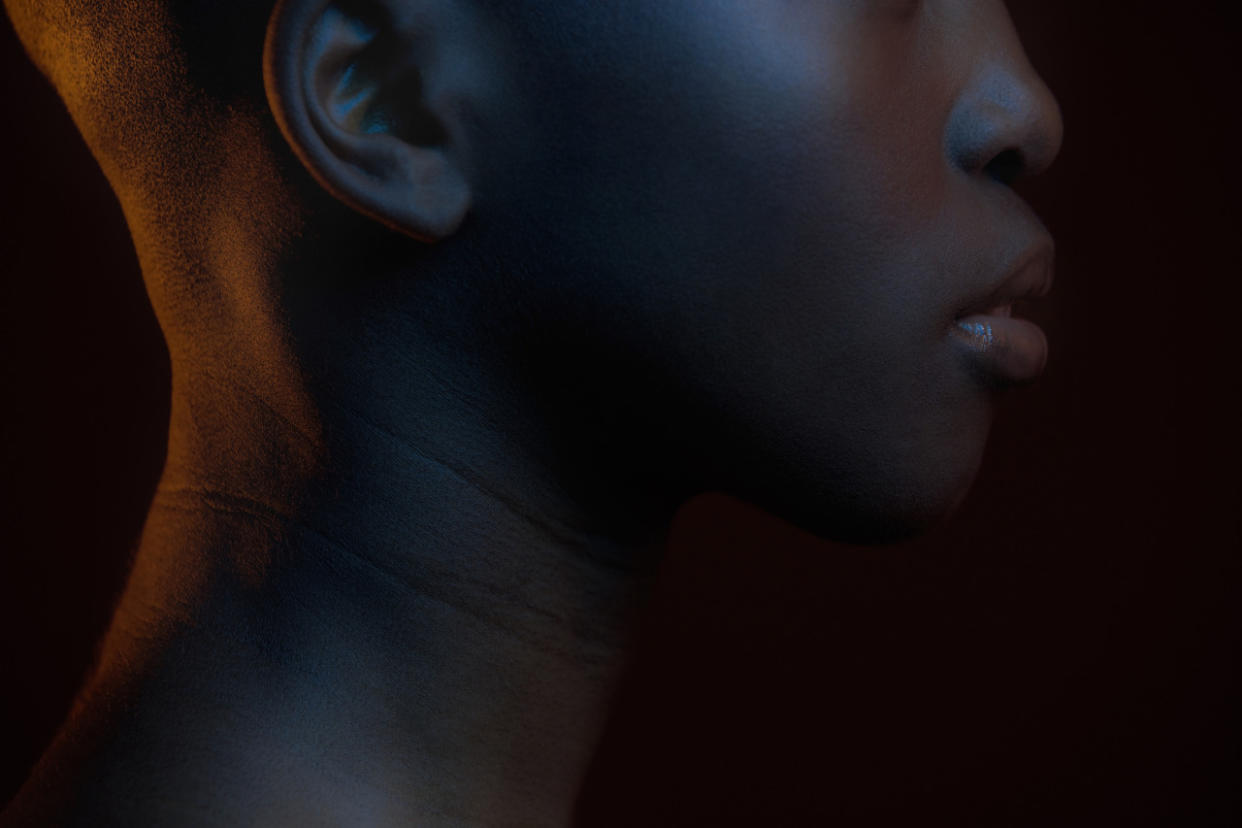Ghana Is Banning Skin Bleaching

Ghana is putting a stop to products that contain a potentially harmful skin-lightening ingredient. (Photo: Getty Images)
Skin bleaching is a popular practice in several countries, including parts of Africa, Japan, India, and the U.S. According to the World Health Organization, about 75 percent of Nigerian women, 27 percent of Senegalese women and 33 percent of South African women regularly use skin-lightening products, reports the Washington Times. While in India, more than half of all cosmetics sold are skin-lightening products.
But the quest for lighter skin can have negative consequences. The ingredients in some skin-bleaching products, such as hydroquinone, can carry serious side effects if used incorrectly. Topical hydroquinone has been linked with the medical condition called ochronosis, which has the opposite effect intended, leading to skin darkening and disfiguration, according to the FDA.
Because of these risks, the West African nation of Ghana is taking a big step toward stopping the harmful practice of skin bleaching. The Food and Drugs Authority (FDA) of Ghana has issued a ban on any imported products that contain hydroquinone starting this summer. “Concerning skin-lightening products, we are saying that from August 2016, all products containing hydroquinone will not be allowed into the country,” James Lartey, head of communications at Ghana’s FDA, told Starr News. “From 2016, the acceptance for skin-lightening products is going to be zero.”
Ghana joins several other agencies and nations that have enacted similar bans. The European Union, for example, has prohibited hydroquinone as a lightening ingredient in skin care products. According to the Huffington Post, the ban in Ghana is particularly significant since skin bleaching is so prevalent there.
But beyond the health risks, there’s also the real issue beneath the surface: changing, rather than embracing, your natural skin tone. There have been several campaigns that promote accepting the skin color you were born with. One is being led by Ghanaian-British actress, Ama K. Abebrese, who launched a Love Your Natural Skin Tone campaign after moving to Ghana about six years ago and being shocked by product advertisements promoting “white” skin.
“There are billboards in many places — I couldn’t even imagine anybody being allowed to put up a billboard like this in the U.S. or the U.K.,” Abebrese told the Fader. “Some of them will say ‘perfect white’ or ‘get the perfect white skin.’ You go to the markets and you see the worst cases of skin-bleaching. I mean, older women who’ve bleached for years and they now have a skin disorder [called] ochronosis. There’s a local name for it, which is nenso eben. I think the translation is something like “so what do you expect?” or “that’s what you get,” because their faces have black and green patches. And you see this everywhere.”
She added: “People use very dangerous mixtures and concoctions with high levels of hydroquinone. They’re not going to a proper dermatologist, they just walk into any store.”
To counter the billboards Abebrese saw throughout Ghana promoting lighter skin, she worked with photographer Rodney Quarcoo to create images for her own skin-positive billboards that said, “I love my natural skin tone. Say no to skin bleaching.”
Even Ghana’s FDA reached out to Abebrese to say it was happy with her billboards. “I’ve seen girls’ schools where there are skin-whitening billboards next to them,” she said. “I’m like, why, why? Can you imagine as a girl you go to school and that’s the message you’re getting? So it was important for us to put up billboards just to counter that message with ‘I love my natural skin tone.’”
Let’s keep in touch! Follow Yahoo Beauty on Facebook, Twitter, Instagram, and Pinterest.



